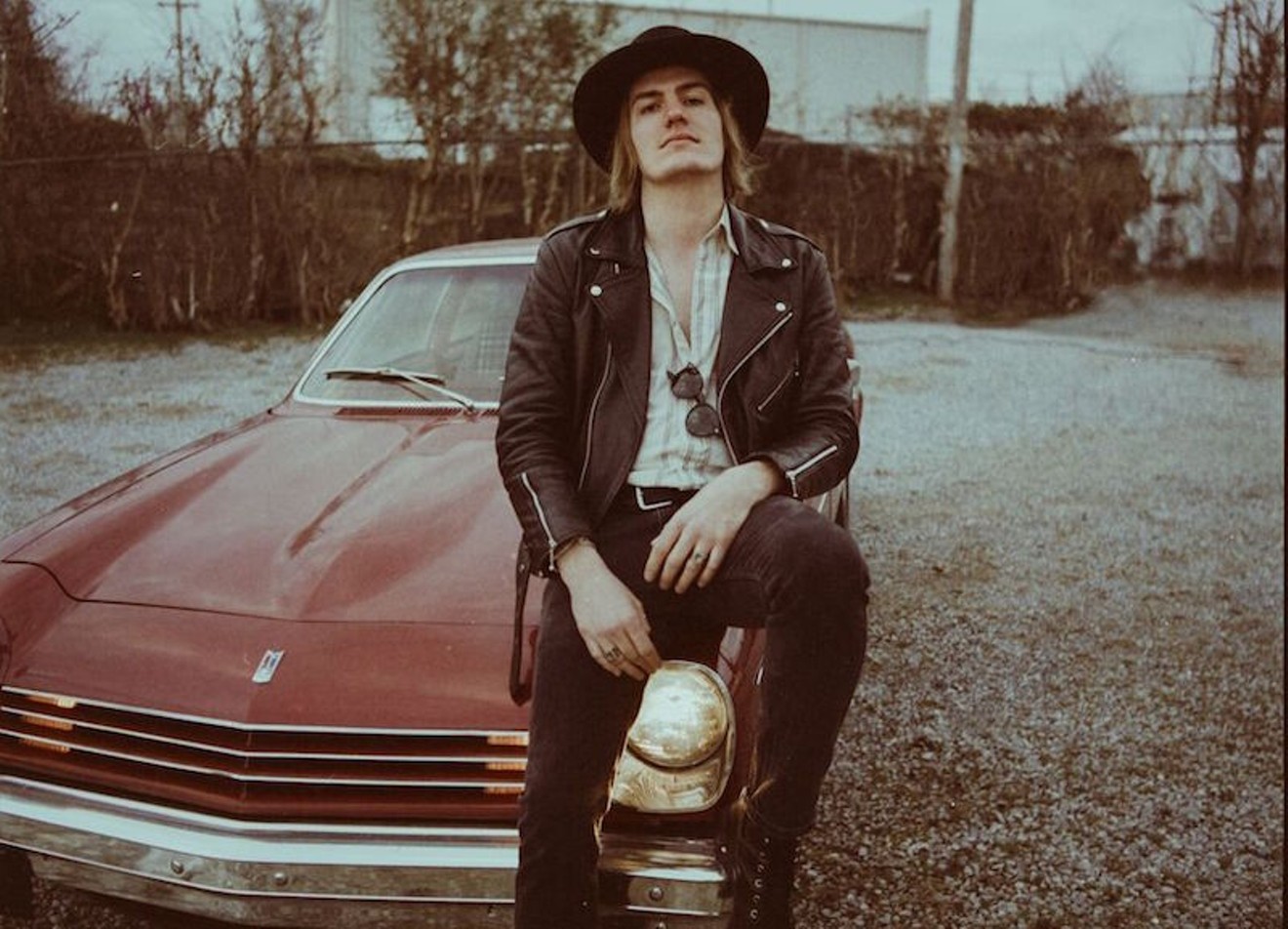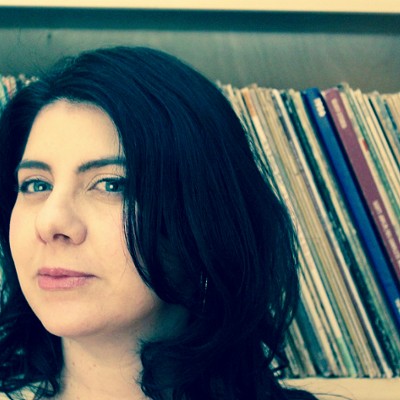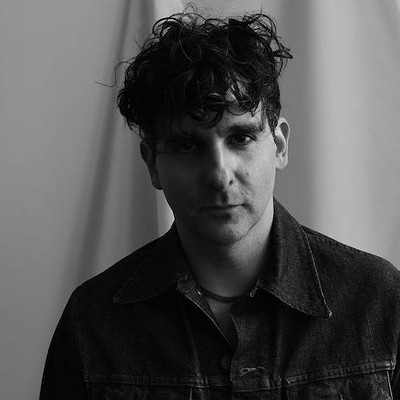Louisiana native Dylan LeBlanc spent his teenage years there, absorbing an education only afforded to a few. His father, James LeBlanc, spent his days in Studio B of the iconic FAME studios run by Rick Hall, writing demos. A young LeBlanc would wait around in the lobby after school, getting help with his homework from the receptionist and songwriting advice from some of the best songwriters in the country.
“I feel very lucky and I never take it for granted, well I try not to,” says LeBlanc. He will be returning to Houston to play the White Oak Music Hall Friday, February 28. LeBlanc released his fourth album, Renegade last summer on ATO records.
LeBlanc wrote Renegade tailor fit for his backing band at the time, The Pollies, also out of Muscle Shoals. “That was the first time I'd ever done anything like that,” admits LeBlanc. “We were really good together. We were all like, ‘we don't know what we're doing,’ but when we all got together and played, it just worked,” he adds.
For this tour, LeBlanc will be backed by a different band of musicians. “With this band, they're just really pro. They can listen to anything and play it, they're just really good.”
Renegade was a slight departure from LeBlanc’s more acoustic sound on previous albums. He traded the hauntingly beautiful string arrangements of before for more of a rock and roll and pop sound but the result is just as enjoyable.
The title track draws influences from his upbringing in Louisiana and paints the picture of troubled youth looking for bigger dreams outside their hometown. The track highlights LeBlanc’s airy yet heavy voice and his ability to draw listeners into his stories without excessive explanations or wasted words.
“I definitely tried to write those songs to be more radio friendly and I was trying to write like singles,” he confesses. When asked if he enjoyed this more calculated approach LeBlanc says, “I'll be honest with you, I didn't really enjoy it, I like to have a mental blank space. When I start thinking about where the songs are going to take me or if I'm going to get any gain out of them, I usually don't do my best work, I don't tap into the essence of what's really creative inside of me."
"When I start thinking about where the songs are going to take me or if I'm going to get any gain out of them, I usually don't do my best work, I don't tap into the essence of what's really creative inside of me."
tweet this
LeBlanc’s songwriting has taken him places. His previous albums have been well received and linked him up with songwriting giants like Lucinda Williams and Bruce Springsteen on tour. His previous album, Cautionary Tale was produced by Ben Tanner of The Alabama Shakes and John Paul White formerly of the Civil Wars.
All the sound advice he absorbed in Alabama from accomplished artists throughout the years shows in his work. LeBlanc describes how Rick Hall would tell him what was wrong with his songs and legendary songwriter Donnie Fritts advised him to never, ever stop writing.
“Hearing things like that really helped me along the way. Encouragement from people who had done it, were really good and had written really powerful songs, that really helped me a lot,” says the soft spoken singer.
“One of the things I always tell people about that town is that everything is about a song in that town. Everything is about songwriters; it's not about who can play the fastest guitars or who is the best guitar player, and that was one of the best things about that city.”
LeBlanc describes it as a kind of forced retreat into songwriting, as there wasn’t much else there for him to do compared to his previous home in Louisiana. “Louisiana and Alabama are so different, they are two totally different cultures. Everybody in Louisiana drinks, parties, gets loud and goes on and everybody in Alabama goes to church, is really quiet and keeps to themselves, so it was like two different worlds. It was like culture shock when I moved there.”
LeBlanc experienced his share of the Louisiana lifestyle and has openly struggled with alcoholism, identifying his hardest times as being when he is under tremendous stress and experiencing anxiety. He details how he previously would turn to alcohol to get him through, seeing it as something he could always count on and have faith in when he didn’t have it in himself.
“When I drink, I just become a monster. I’m just this person with all this pain that rises to the surface. You get tired of having to apologize to people and losing friends and people saying you're out of control, so complete abstinence is where I have to go to figure out what's causing all that stuff inside of me,” he says.
Discussing if now, approaching his thirtieth birthday, he may have found a way to have faith in himself, LeBlanc says, “I do, and I think everyday it gets a little bit better, but sometimes I still struggle I’m not going to lie.”
LeBlanc is working on a new album he plans to begin recording this summer and release next year. When asked what audience he has in mind when writing his new songs LeBlanc says, “It's just me right now, I’m writing for me. I'm going to write songs about life and then I'm going to put them out and I'm going to hope and pray that other people like them.”
Dylan LeBlanc will perform with Anthony DaCosta, Friday, February 28 at White Oak Music Hall, 2915 N. Main, Doors at 7 p.m. $12.







